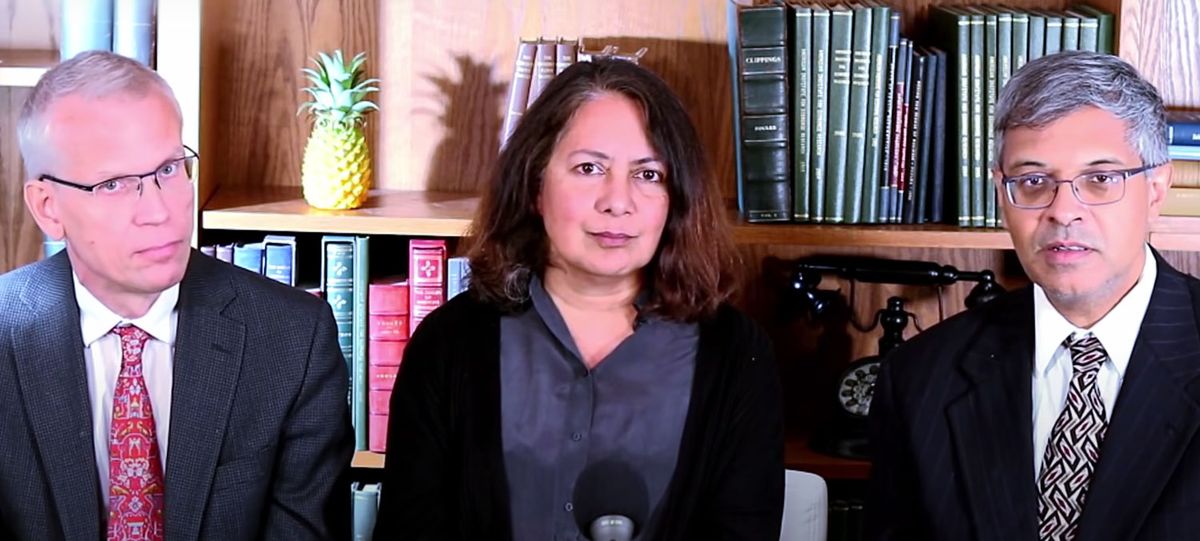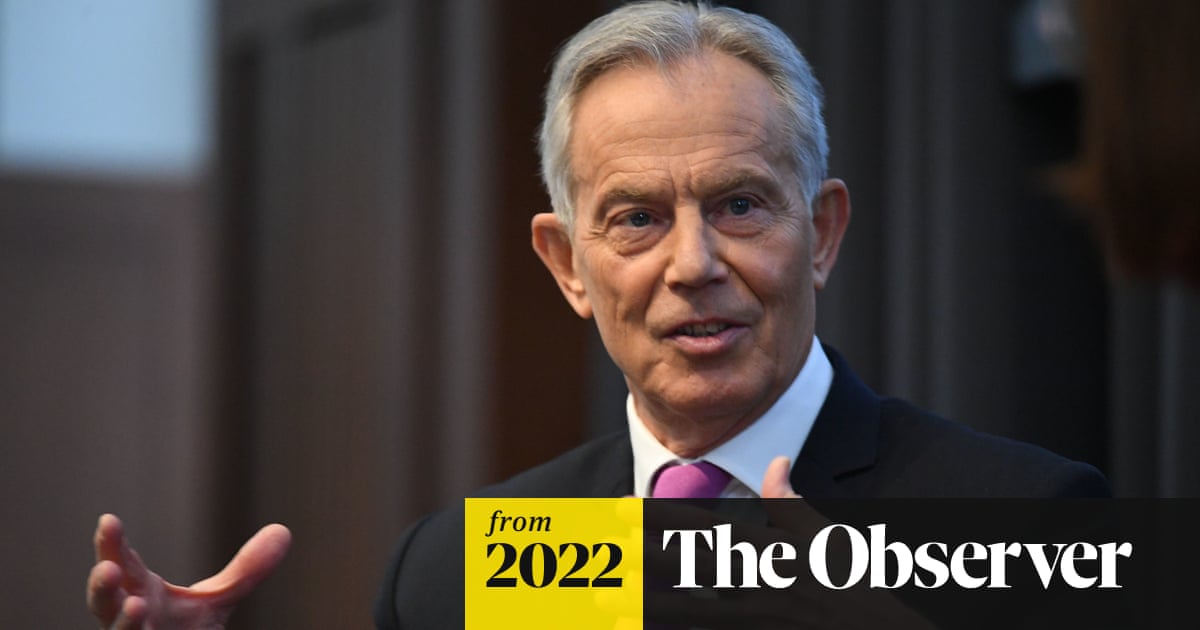- Reaction score
- 12,562
- Points
- 1,160
the public choose between politicians they do not trust at a surface level which is “pretty much all of them”, according to the ex-Prime Minister, and those they find untrustworthy at a deeper level
And in that statement, that admission, that acceptance .... we have the origins of our current politics and why our politicians are less admired than used car salesmen.
They are economical with the truth ..... and they are proud of it.
And the populace reacts accordingly.
How Blair 'stretched truth past breaking point' to hold Northern Ireland talks together
TONY BLAIR confessed he "stretched the truth past breaking point" when attempting to negotiate peace talks between the political parties of Northern Ireland back in 2006, according to his autobiography.
By KATE NICHOLSON
PUBLISHED: 12:16, Sat, Feb 15, 2020 | UPDATED: 12:17, Sat, Feb 15, 2020
Boris Johnson did finally manage to restore the Northern Ireland Assembly last month after three years of deadlock, enabling the parties to have a say in future negotiations about the Irish border in post-Brexit Britain. However, the Assembly has struggled with internal conflict for years as the Unionists and the Republicans have continually jostled for power. Mr Blair tried on several occasions to pull the parties of Northern Ireland together throughout his premiership, beginning with the Good Friday Agreement of 1998.
Yet, by 2002 Stormont was suspended once again after allegations of an IRA spy-ring within the Assembly rocked the working agreements between the parties.
Although the then-Prime Minister did unify the parties by the end of his time in Downing Street, he later claimed he only achieved through taking “horrendous chances”.
In his 2010 autobiography, ‘A Journey’, Mr Blair said voters acknowledge a various amount of manipulation was required in politics.
He explained: “Politicians are obliged from time to time to conceal the full truth, to bend it and even history it, where the interests of the bigger strategic goal demand it be done.
“Without operating with some subtlety at this level, the job would be well-nigh impossible.”
He used the Northern Ireland peace talks as an example of when the truth needed to be “bent” in order to make progress, especially when he was negotiating talks between the Democratic Unionist Party and Sinn Fein.
Mr Blair admitted: “I took horrendous chances in what I was telling each the other had agreed to – stretching the truth, I fear, on occasions past breaking point.”
He also discussed his concerns of the “whole thing collapsing” and added it was only through “creativity pouring out of every orifice” that the peace talks made any headway.
He tried to make sure the Assembly was to be recalled by May 2006, and gave the parties six weeks to elect an executive – but threatened that if, after a further three months, a multi-party devolved government had not been formed, salaries would be stopped.
Yet it was not until October that year that talks began to look more positive – a transitional assembly formed and by May, Stormont appeared to up and running.
He then confirmed an assembly election to be held on 7 March although the new power-sharing devolved government still had a rocky start as the parties went on to disagree over the very furniture of meetings.
Mr Blair explained the heated debates “came down to the shape of the table” within their shared meeting room.
He said: “The DUP wanted the sides to sit opposite each other to show they were still adversaries. Sinn Fein wanted everyone to sit next to each other to show they were partners and therefore equals.”
It was not sorted until a young Downing Street Official suggested a diamond-shaped table so the parties “could sit both opposite and with each other”.
Mr Blair also confessed in his autobiography that he is a master “manipulator”, able to play on the feelings of others.
He concluded that “the point is you need to be nimble, flexible and innovative” with the truth.
The former Prime Minister also implied that the public choose between politicians they do not trust at a surface level which is “pretty much all of them”, according to the ex-Prime Minister, and those they find untrustworthy at a deeper level.
He said: “This is the level of trust that really matters”, as it supposedly shows whether or not a politician has the public’s best interests at heart.
Mr Blair’s intervention in Northern Ireland maintained the Stormont Assembly from 2007 until 2017.
https://www.express.co.uk/news/uk/1242730/tony-blair-news-northern-ireland-stormont-boris-johnson-peace-talks-brexit-spt





